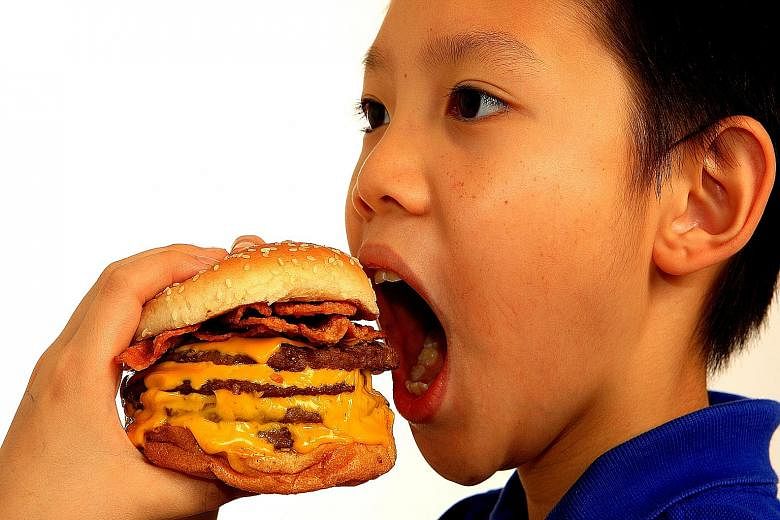Q I am a woman in my mid-40s. Recently, my right jaw hurt when I opened my mouth to a width slightly more than two fingers wide.
The doctor gave me some non-steroidal anti-inflammatory drugs (NSaids) and suggested that I see a dentist.
My dentist said I probably have temporomandibular joint disorder (TMD) or trismus, a type of jaw dysfunction. He said it tends to be common among women, but the cause is unknown.
She said I should see a dentist who specialises in this condition, to get advice on exercises that can alleviate the problem.
Eating a burger or thick sandwich is out of the question. When I yawn, I have to hold my jaw to prevent my mouth from stretching too wide.
There are days it hurts more than usual. Taking NSaids helps, but this is not a long-term solution. What options do I have?
-
GOT A PROBLEM?
E-mail your question to sthealth@sph.com.sg. Specify Ask The Experts as the subject and include your name, age, gender, identity-card number and contact details.
A Yes, a jaw that hurts would limit the opening of the mouth. It is often the result of damaged joints or muscle, or both. Jaw exercises at this point will be detrimental to the already-damaged joints or muscle.
There is a gender bias in TMD. At my clinic, I see four women for every man with this problem.
Depending on the jaw size, the average mouth opening is about 40 to 50mm (roughly the width of about three fingers).
As your mouth can open only two finger-widths wide, there may be several common causes preventing the full extension of mouth opening - namely, jaw trauma, jaw infections relating to tissues surrounding the lower wisdom teeth, jaw locking and nocturnal bruxism (grinding or clenching of teeth during sleep).
It is important to see a dental specialist to determine the cause and to rule out the less common causes.
The most common cause is nocturnal bruxism. It affects many people but only a small percentage develops symptoms. Almost all patients will be unaware of their habit.
Sleeping partners may speak of loud noises relating to teeth grinding. Clenching itself is silent but is just as damaging. The forces in nocturnal bruxism far exceed those in normal chewing and that leads to teeth becoming more sensitive, having fractured fillings and teeth, muscle pain (including headaches and jaw opening restrictions) and jaw disc displacements (leading to clicking sounds and jaw locking).
A hard plastic mouthguard will help disperse the forces of bruxism, and allow muscles and joints to heal. NSaids can relieve some pain.
Also, limiting your jaw opening (such as by refraining from singing or playing musical instruments that use the mouth) and eating softer foods will help to promote the healing process.

Clinical Associate Professor Chua EeKiam
Senior consultant at the prosthodontic unit, department of restorative dentistry, National Dental Centre Singapore

